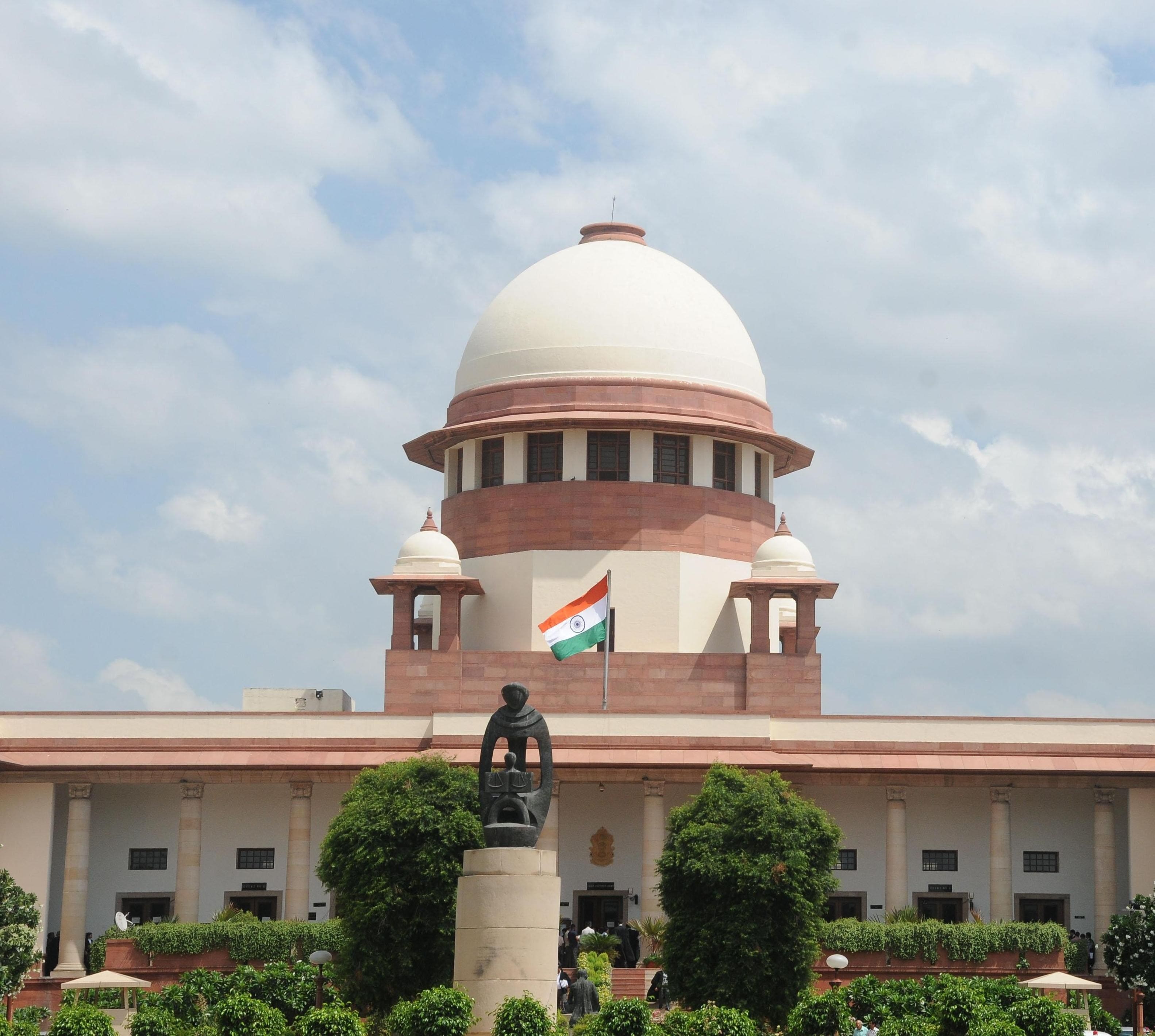
PIL to bar a 'Rahul Gandhi,' 'Lalu' from elections rejected
What's the story
The Supreme Court has observed that sharing a name with a politician such as Rahul Gandhi or Lalu Prasad Yadav does not infringe on an individual's right to run for office.
This decision was made while hearing a Public Interest Litigation (PIL) seeking directions to bar namesake candidates.
The petitioner sought directions to the Election Commission of India to investigate the backgrounds of namesake candidates and ban them from contesting if they had been intentionally fielded by their opponents.
Context
Why does this story matter?
The plea, filed by one Sabu Stephen, argued that namesake candidates often contest elections with the intent to confuse voters, which can have an impact on election results.
The petitioner cited instances of namesakes influencing election results, such as Shri VM Sudheeran losing 1,009 votes while S Sudheeran, a fake, gained 8,282 votes in Alappuzha in 2004.
He also cited examples from the 2009 Lok Sabha elections, in which dupes influenced results in Kerala.
Court query
Judges question the infringement of individual rights
However, Justice BR Gavai cast doubt on the proposed measure's enforceability, asking, "If somebody is born as Rahul Gandhi or Lalu Prasad Yadav, how can they be prevented from contesting elections? Would this not affect their rights?"
"If someone's parents have given a similar name (to a political leader), can it come in their way of their right to fight elections?" he added.
Plea details
Petitioner argues namesake candidates confuse voters
The petitioner, Stephen, argued that fielding namesake candidates is an "old trick designed to create confusion in the minds of voters."
He emphasized the importance of each and every vote, stating that "each and every vote has the power to decide a candidate's future."
He also suggested they could potentially receive "sponsorships" from rival political parties.
However, he clarified that he was not suggesting all independent candidates were "fake."